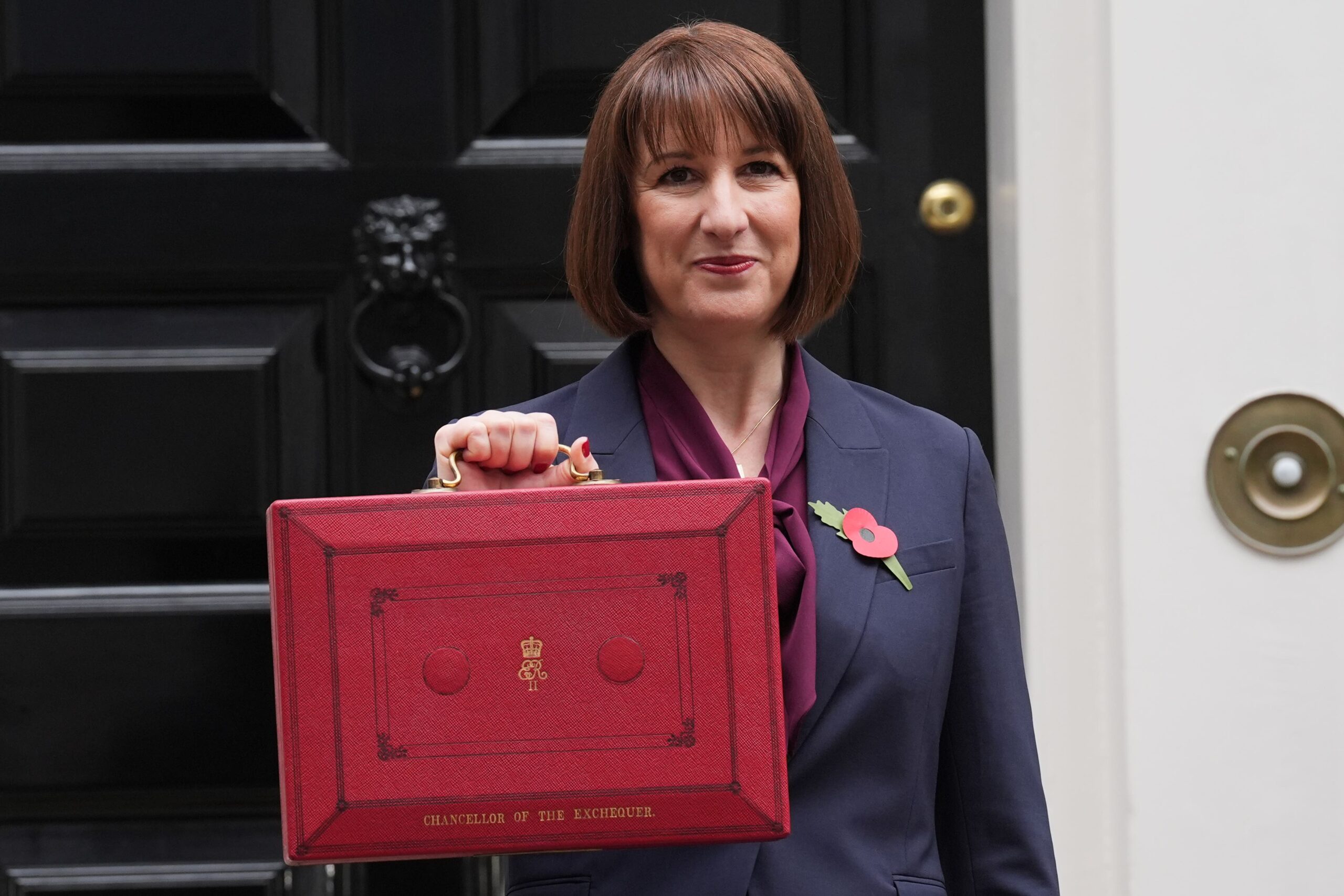Rachel Reeves is reportedly plotting a tax raid on landlords in an attempt to plug the up to £40billion blackhole in the nation’s finances.
The chancellor is considering raising taxes for landlords in her next budget by applying national insurance (NI) to rental income, arguing the move would target “unearned income”, according to reports.
The plans aim to make the Treasury £2 billion, as it attempts to avoid breaking the chancellor’s “red lines” outlined before the general election, which included not increasing VAT, income tax or national insurance.
Currently, NI contributions do not have to be paid on most earnings from property, pensions and savings, while employees with other forms of income are hit with the 8 per cent levy.
But sources have told The Times that NI contributions could now be levied on rental income in what would be “a significant potential extra source of funds” at a time when Ms Reeves is under a multitude of financial pressures, including rising borrowing costs.

According to analysis by the newspaper, an extra 8 per cent levy on net property income would have generated £2.18 billion in 2022-23.
Ms Reeves’ allies argue the policy would not involve breaking any red lines because the rate of national insurance would not be hiked, merely the earnings to which it is applied.
However, critics warn that landlords might sell up if the chancellor goes ahead with the plans, which, in turn, could restrict the lettings market and push up rents.
But supporters say more renters would be able to get on to the property ladder if landlords were to sell up and release stock into the market. They add that the government’s proposed Renters’ Rights Bill would provide further protections to tenants.
Adam Corlett, principal economist at the Resolution Foundation, which proposed the policy in the run-up to Ms Reeves’ first budget, said: “With tax rises clearly coming this autumn, the chancellor should use this as an opportunity to make the tax system fairer and more efficient.

“One way to achieve this is to ensure different forms of income are taxed at the same rate, for example, by levying national insurance on income from rental properties. After all, there’s no good reason why landlords should face lower tax rates than their tenants.”
A Treasury spokesperson did not comment directly on The Times’ reports.
However, they did tell the newspaper: “As set out in the Plan for Change, the best way to strengthen public finances is by growing the economy, which is our focus.
“Changes to tax and spend policy are not the only ways of doing this, as seen with our planning reforms, which are expected to grow the economy by £6.8 billion and cut borrowing by £3.4 billion.
“We are committed to keeping taxes for working people as low as possible, which is why at last autumn’s budget, we protected working people’s payslips and kept our promise not to raise the basic, higher or additional rates of income tax, employee national insurance, or VAT.”
The Independent has approached the Treasury for further comment.
